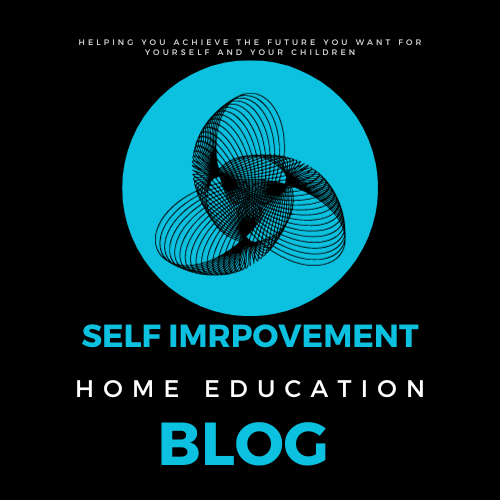In the dynamic landscape of education, homeschooling has emerged as an
increasingly popular choice for parents seeking a more personalized and
flexible approach to their child’s learning journey. As we delve into the
realm of middle school education, catering to the cognitive development
of children aged 11 to 13, it becomes imperative for parents to
understand the unique needs and potentials of this age group.
Understanding Cognitive Development:
Middle school is a pivotal period in a child’s cognitive development.
During this stage, students are transitioning from concrete to abstract
thinking, exploring complex ideas and developing a deeper understanding
of various subjects. It’s crucial for parents to recognize and embrace
the individual pace at which their child is progressing intellectually.
Tailoring Learning Styles:
One of the advantages of homeschooling lies in the ability to tailor
learning experiences to the unique learning styles of each child.
Middle schoolers are naturally curious and inclined towards self-discovery.
Encouraging hands-on activities, project-based learning, and incorporating
real-world applications into lessons can significantly enhance their
understanding and retention of information.
Fostering Independence:
As children navigate the middle school years, fostering independence
is key to their academic and personal growth. Guide your child to set
goals, manage time effectively, and take ownership of their learning
process. Encouraging them to explore subjects they are passionate
about can ignite a love for learning that will extend beyond the classroom.
Subject Matters and Their Impact:
Mathematics:
The middle school years mark the transition to more advanced
mathematical concepts. Engage your child with real-world
problem-solving scenarios to make abstract mathematical concepts more tangible.
Science:
Middle schoolers are naturally curious about the world around them.
Hands-on experiments and exploration can deepen their understanding
of scientific principles, nurturing a lifelong love for inquiry and discovery.
Language Arts:
Emphasize critical thinking and communication skills through
literature analysis, essay writing, and creative expression.
Encourage reading across various genres to broaden their
perspectives and enhance language skills.
Social Studies:
Middle school is an ideal time to explore history, geography, and
social issues. Discussing current events and encouraging debates
can develop their analytical skills and understanding of the interconnected world.
Balancing Academics and Life Skills:
While academic subjects are crucial, don’t underestimate the importance
of incorporating life skills into the curriculum. Teach problem-solving,
decision-making, and effective communication, skills that will serve
your child well in all facets of life.
Collaboration and Community Involvement:
Foster a sense of community by organizing study groups or engaging
in co-op learning activities with other homeschooling families.
This not only provides social interaction but also exposes children
to diverse perspectives and collaborative learning environments.
In conclusion, homeschooling during the middle school years offers a
unique opportunity to nurture your child’s cognitive development and
cultivate a love for learning. By understanding their individual needs,
tailoring the curriculum accordingly, and fostering independence,
parents can create a rich educational experience that goes beyond
textbooks and classrooms, preparing their children for a
lifetime of intellectual curiosity and success.
Disclaimer: The information on this website is public information and is
not individual legal advice. Readers should not rely on or take any action
based upon the information on this website and professional advice should
be obtained particular to the legal circumstances one is facing. While we
strive for accuracy, it is possible that the information on our site may contain
errors or omissions. We disclaim any liability for any such errors or omissions.
Disclaimer: Some of the links on this website are “affiliate links.” This means
if you click on the link and purchase the item, we will receive an affiliate
commission. We disclose this in accordance with the Federal Trade
Commission’s 16 CFR, Part 255: “Guides Concerning the Use of
Endorsements and Testimonials in Advertising.
